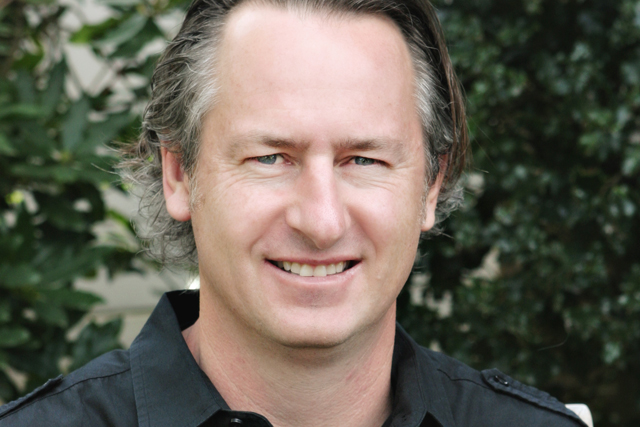I am outraged! The valley is outraged! And it seems that there are tens of thousands of people who feel the same way.
I know this as the indignant are expressing their enmity all over Twitter.
What has got us all riled up?
Last week, the chief executive of US based domain registrar Godaddy, Dr Bob Parsons, uploaded to the web a video of himself shooting and killing an African elephant.
He even includes close up shots of local villagers wearing Godaddy caps in his kill video so viewers are now sure to associate the domain registrar with animal slaughter.
The backlash was immediate. The Twittersphere started a campaign asking people to boycott Godaddy and move their domains to other registrars.
One competitor offered a discount and a donation to a "Save the elephants" charity for every domain moved
And, a parody Twitter account ‘released’ news that Dr Parsons was unavailable for comment as he was on the Falklands hunting Gentoo penguins because they have the temerity to "sneak onto the islands at night".
So what should brands do when the social media community attacks? Let us contrast a few recent incidents.
Take the official Chrysler Twitter custodian who tweeted "I find it ironic that Detroit is known as the #motorcity and yet no one here knows how to f* drive".
Or Gilbert Gottfried, the voice behind the duck character in commercials for the US insurance giant, AFLAC, tweeting tasteless jokes about the tsunami in Japan - so tasteless that they do not bear repeating here.
Or Southwest Airlines, which last Friday, was forced to land a jet in an emergency with a gaping hole in the roof.
Passengers posted video, photos and comments all over the web as soon as they were safely back on the ground.
The brands’ responses?
Chrysler terminated the firm handling its Twitter account. AFLAC terminated Mr Gottfried’s services.
Damage to the brands was fleeting and, arguably, their image was enhanced as both actions were taken swiftly and accompanied by an unqualified apology.
Southwest Airlines response has been open, informative and appropriate. The company has even allowed people to discuss the incident on its Facebook wall.
It has used Twitter to keep consumers up to date with delays as a result of aircraft groundings and apologised for the problems this has caused.
Contrast this with Godaddy. At the time of writing there wasn’t a single mention of the furore on the company’s Twitter or Facebook pages.
No apology issued by the company or the chief executive.
Instead, Dr Parsons has attempted to justify his actions by suggesting that he was assisting the local villagers by preventing elephants trampling their crops.
A wag on Twitter immediately dubbed this excuse with the hashtag #whitemansburden
Chrysler, Southwest Airlines and AFLAC got it right. Godaddy has it all wrong, which is surprising as it is an easy and cheap process to swap domain registrars.
If the boycott catches fire, it could have a huge material effect on Godaddy’s bottom line.
The lesson?
When faced with an incident that has potential to damage your brand respond quickly, sensibly and appropriately.
And an apology goes a long way to calming the situation and appeasing the community.
Are you listening Dr Parsons? The Valley community is outraged. You need to do something. Now.


